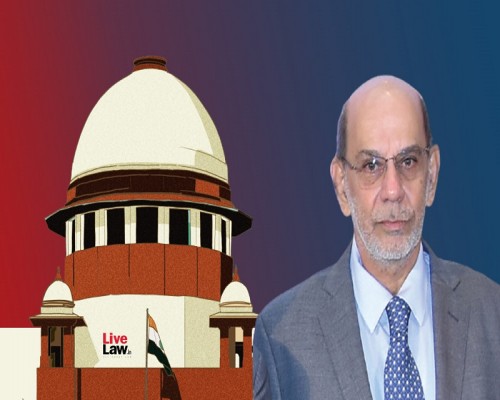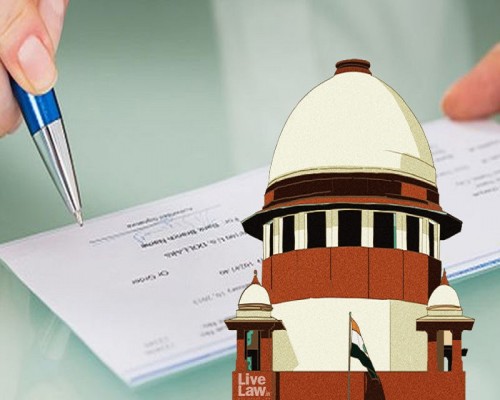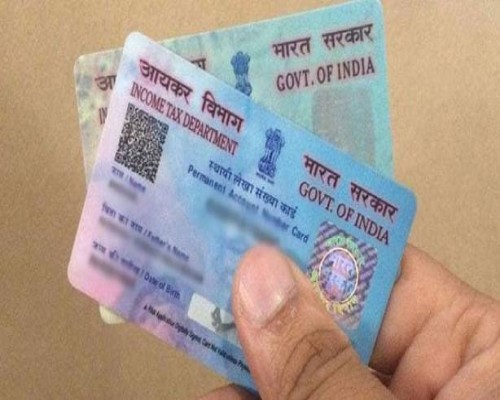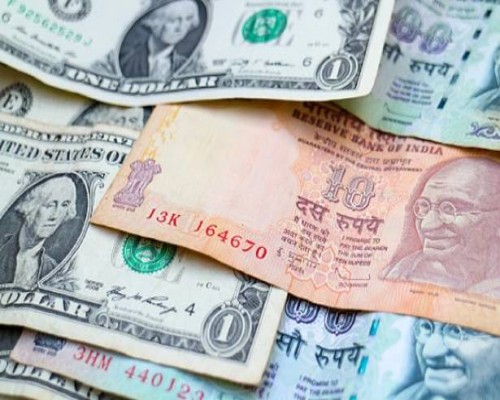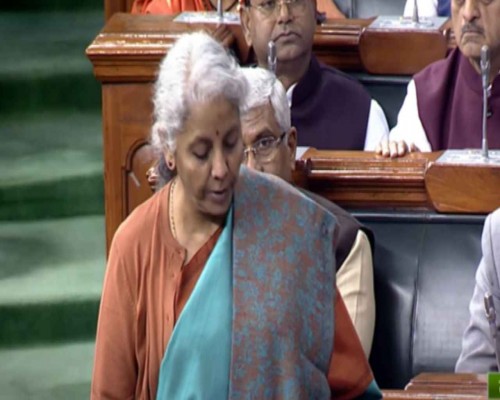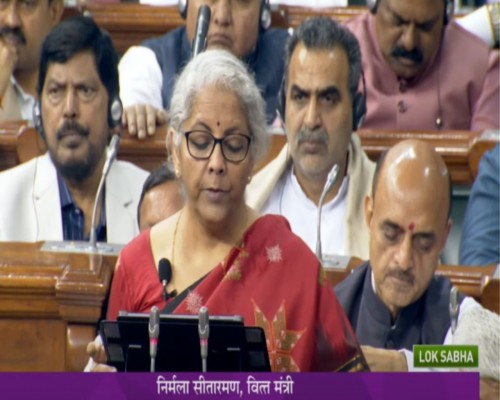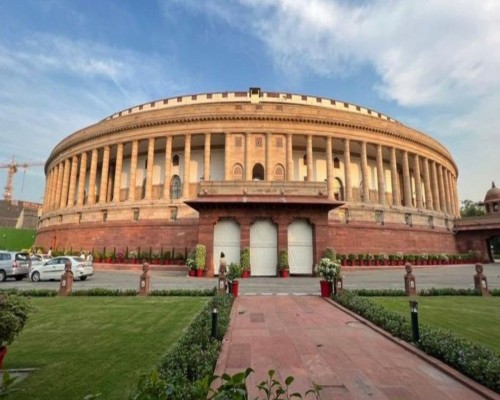India-China Talks Signal Broader Consensus for Improved Relations
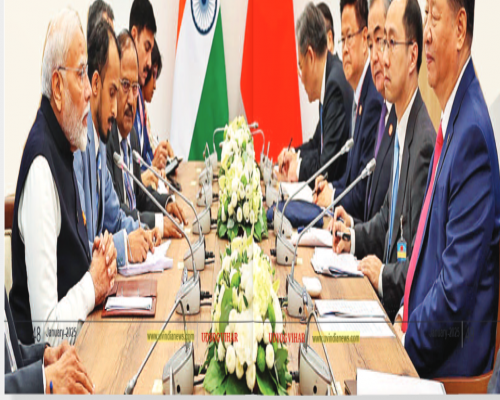
In a significant development, discussions between India’s National Security Advisor Ajit Doval and China’s Foreign Minister Wang Yi have highlighted a shared willingness to improve strained bilateral relations. A day after the high-level talks, China emphasized a "broader consensus" reached during the meeting, signalling potential breakthroughs in the diplomatic stalemate between the two neighbouring nations.
A Diplomatic Push for Stability
The talks, held on the sidelines of an international forum, addressed critical issues including border disputes, economic ties, and regional stability. Both leaders reaffirmed their commitment to resolving the ongoing tensions along the Line of Actual Control (LAC) and exploring pathways to rebuild mutual trust.
According to China’s Foreign Ministry, the discussions were marked by a pragmatic approach aimed at fostering cooperation. Wang Yi stressed the importance of maintaining open communication and adhering to the principles of peaceful coexistence and non-aggression.
Focus on Border Disengagement
Central to the discussions was the issue of border disengagement. Both sides reportedly agreed on the necessity of maintaining stability along the LAC and preventing any escalation of tensions. This comes after a series of military and diplomatic talks to address the aftermath of the 2020 Galwan Valley clashes, which severely strained relations.
The broader consensus reportedly includes measures to enhance border management, expedite troop disengagement, and establish confidence-building mechanisms to avoid future conflicts.
Economic and Strategic Cooperation
Beyond the border issue, the talks also touched upon economic collaboration and regional security. Both nations acknowledged the interdependence of their economies and the potential for trade and investment to serve as a stabilizing force in their relationship.
China’s statement also highlighted the shared responsibility of both nations in maintaining peace and stability in the region, emphasizing the importance of constructive engagement in global forums such as BRICS and the G20.
Challenges Ahead
While the consensus marks a positive step, challenges remain. Persistent trust deficits, coupled with the strategic competition between the two nations, continue to pose hurdles to deeper collaboration. Analysts caution that tangible progress will depend on the implementation of agreements and sustained political will on both sides.
A Path Towards Reconciliation?
The Doval-Wang talks underscore the potential for a reset in India-China relations. As two of the world’s largest economies and regional powers, their ability to resolve differences and work together could have far-reaching implications for Asia and the world.
The coming months will be critical in determining whether this broader consensus translates into concrete action, paving the way for a more stable and cooperative relationship between the two nations.









